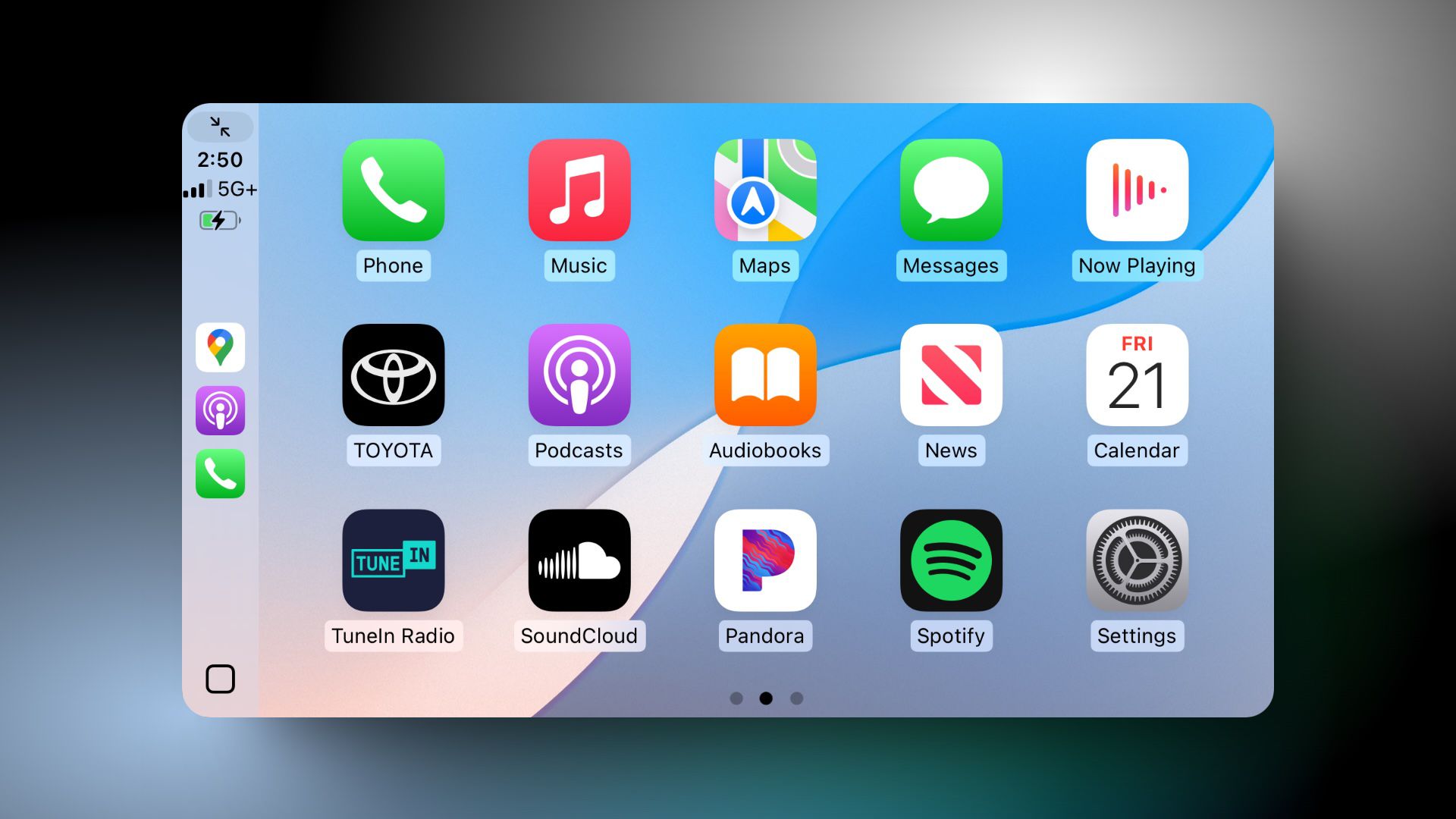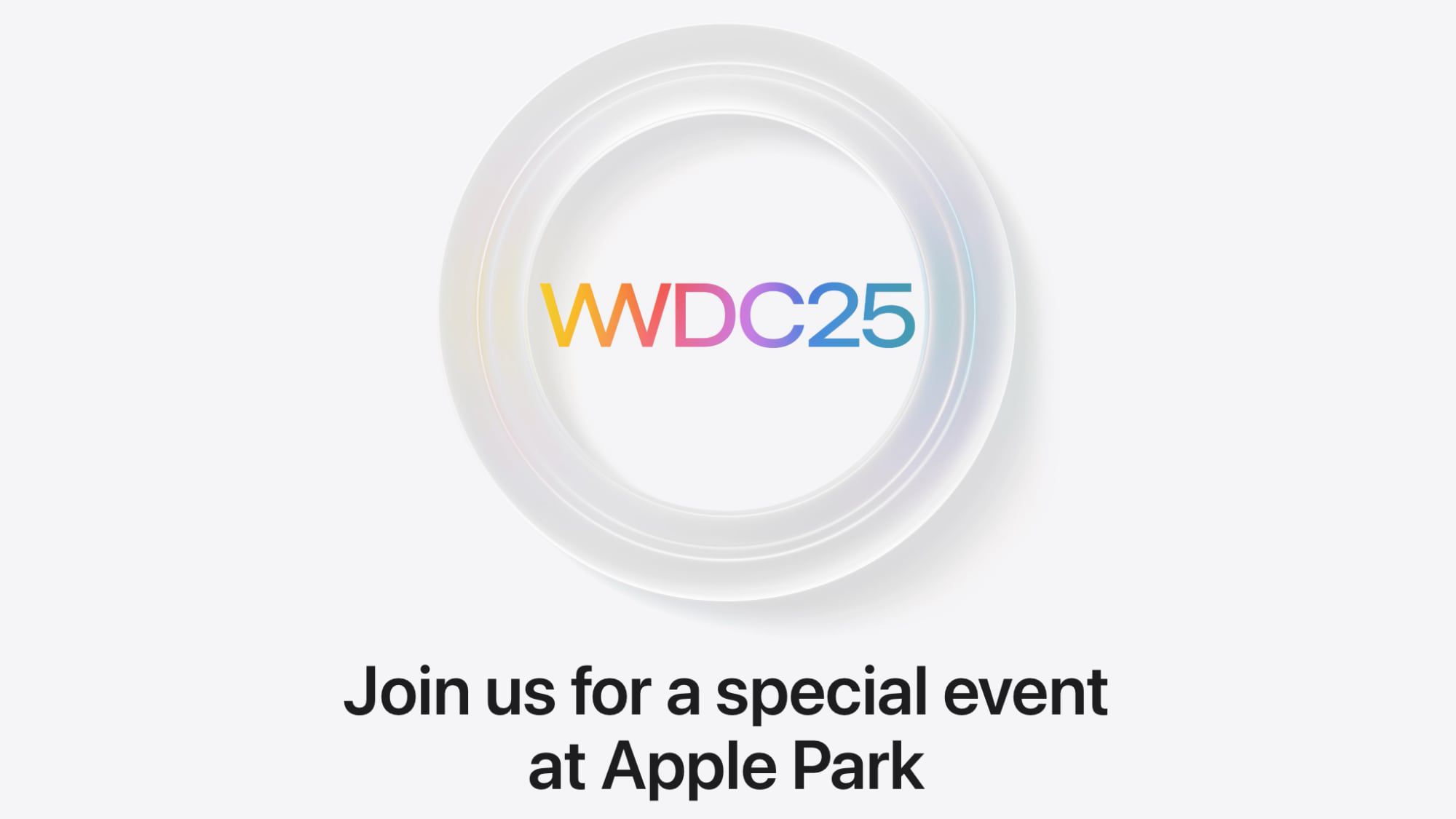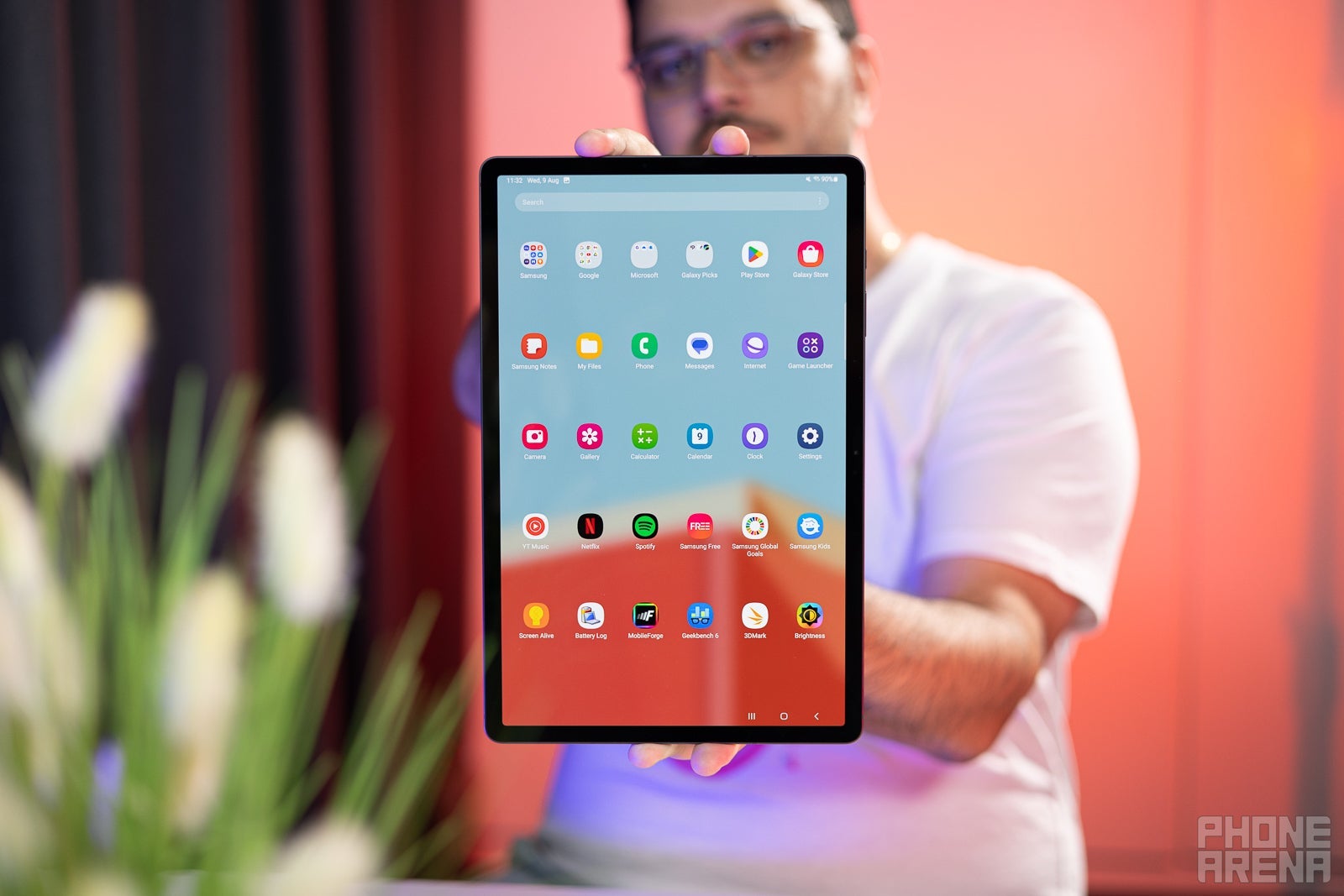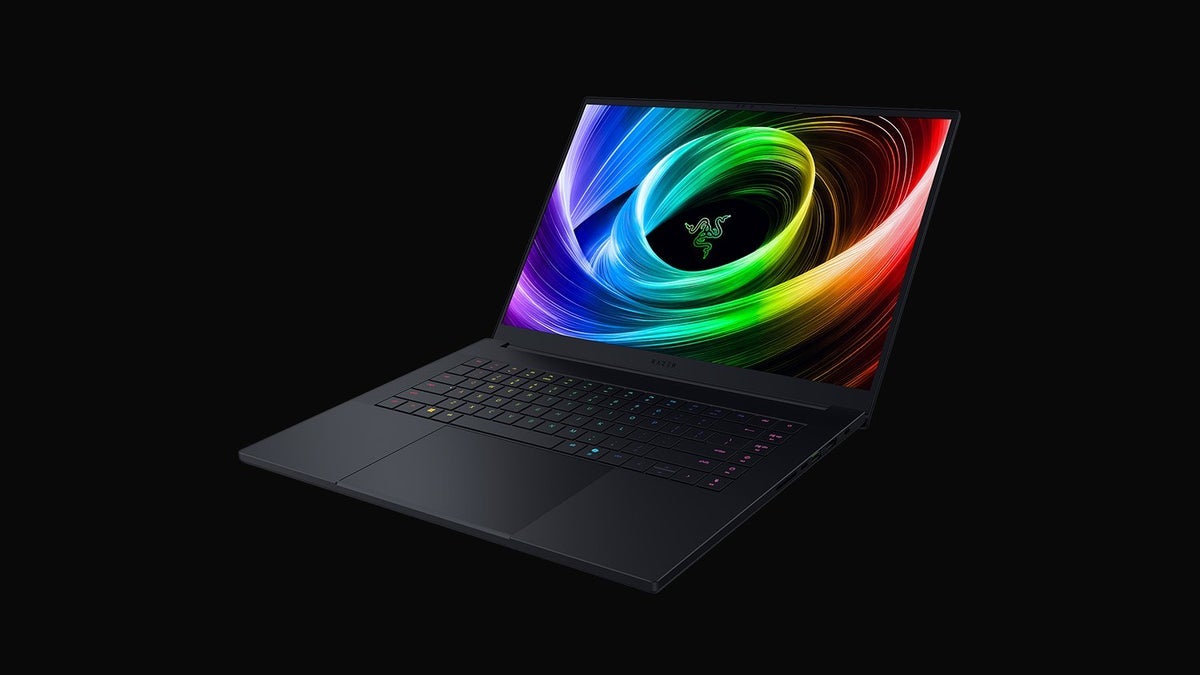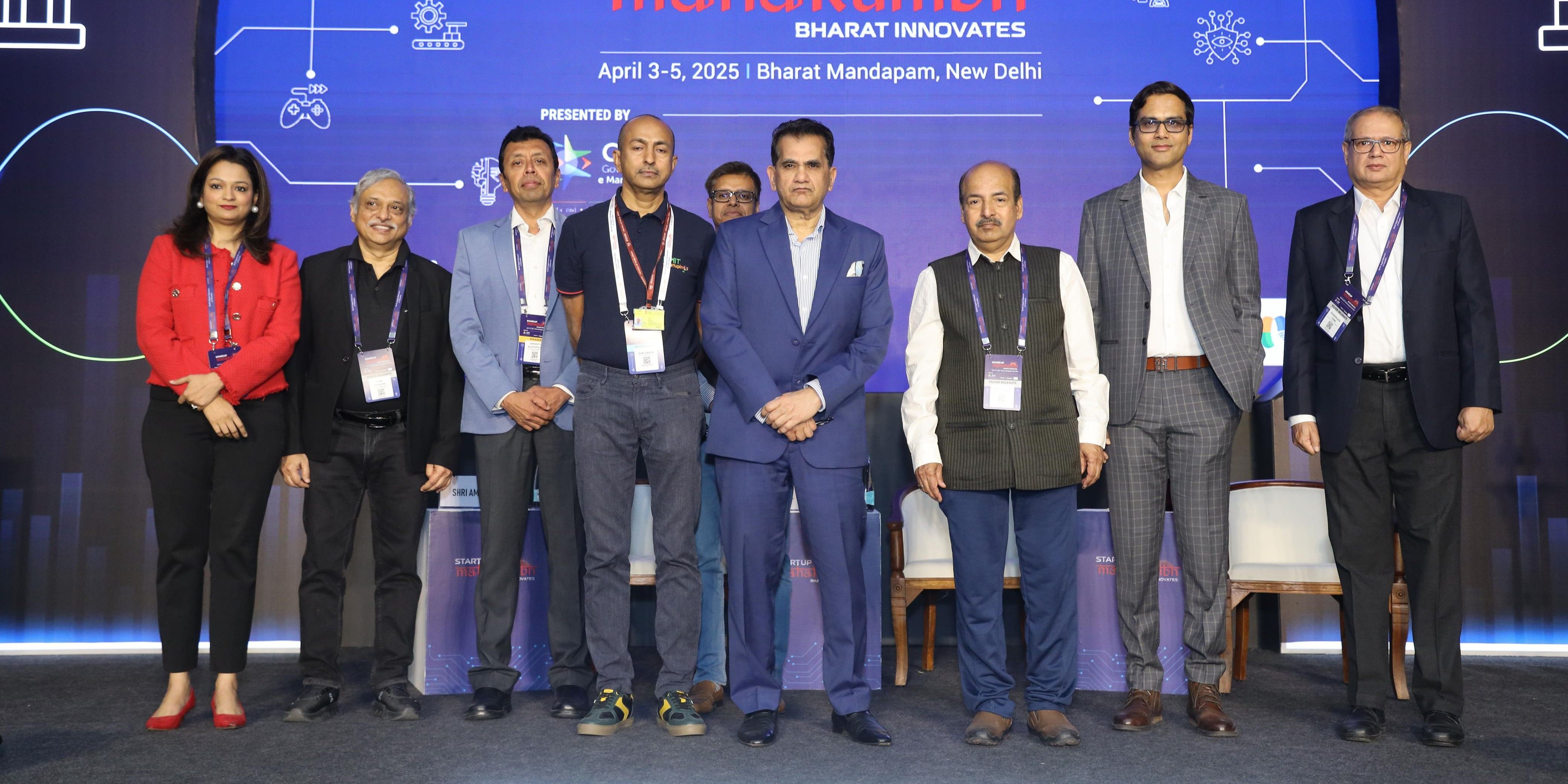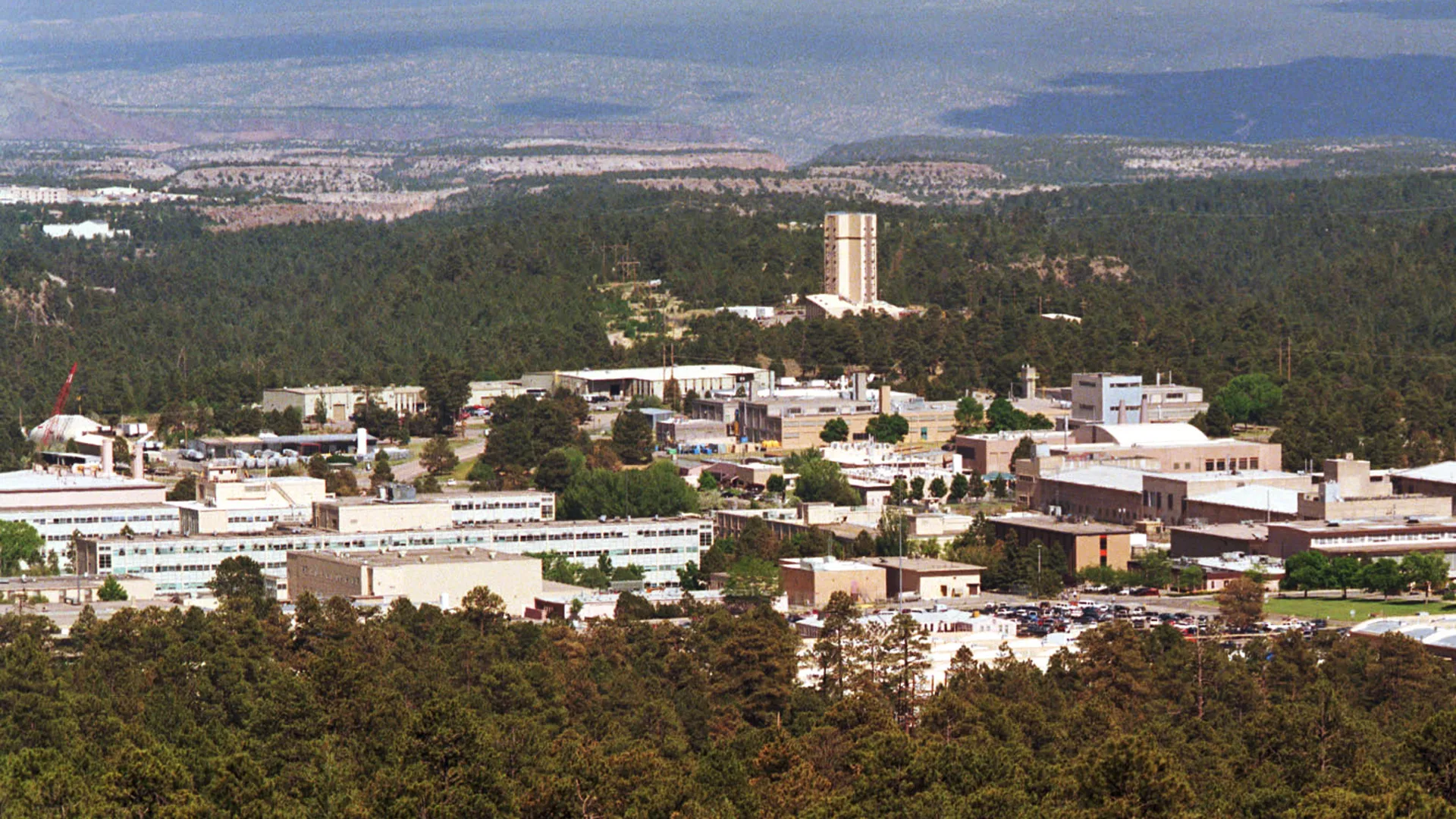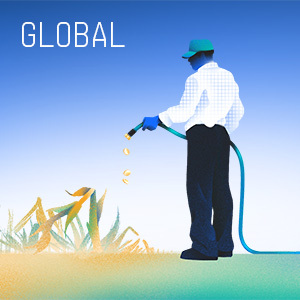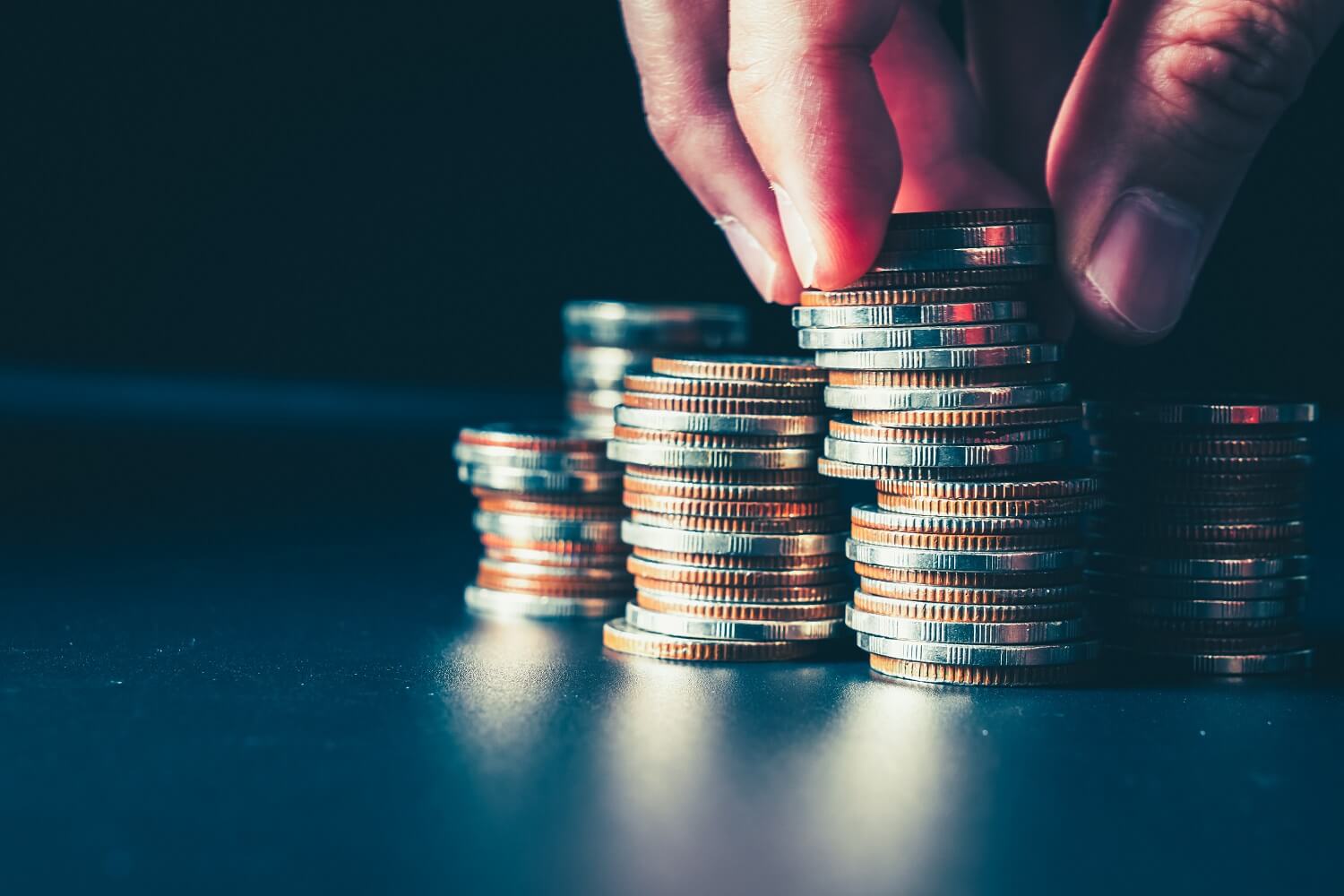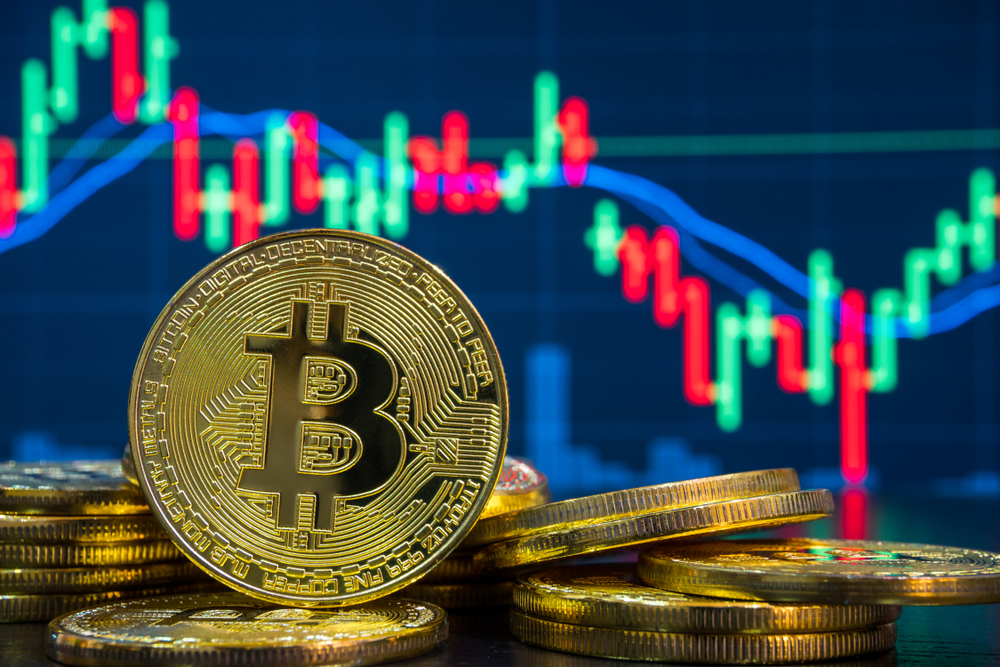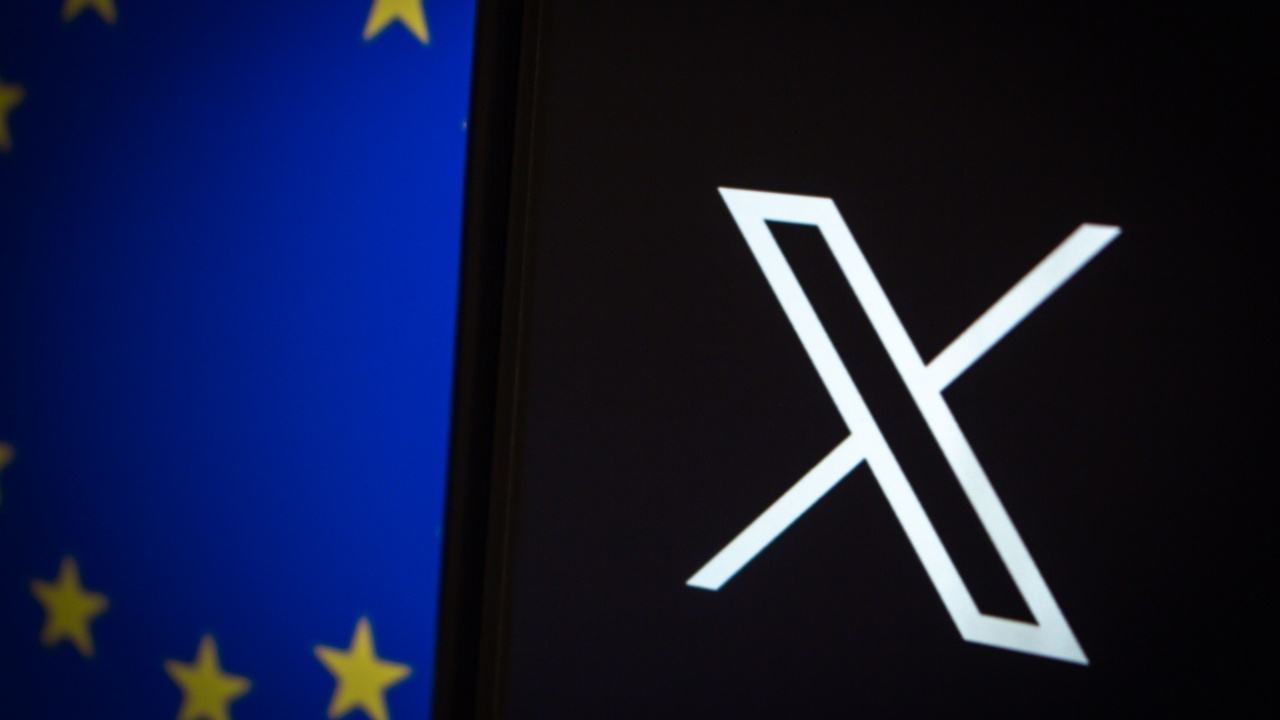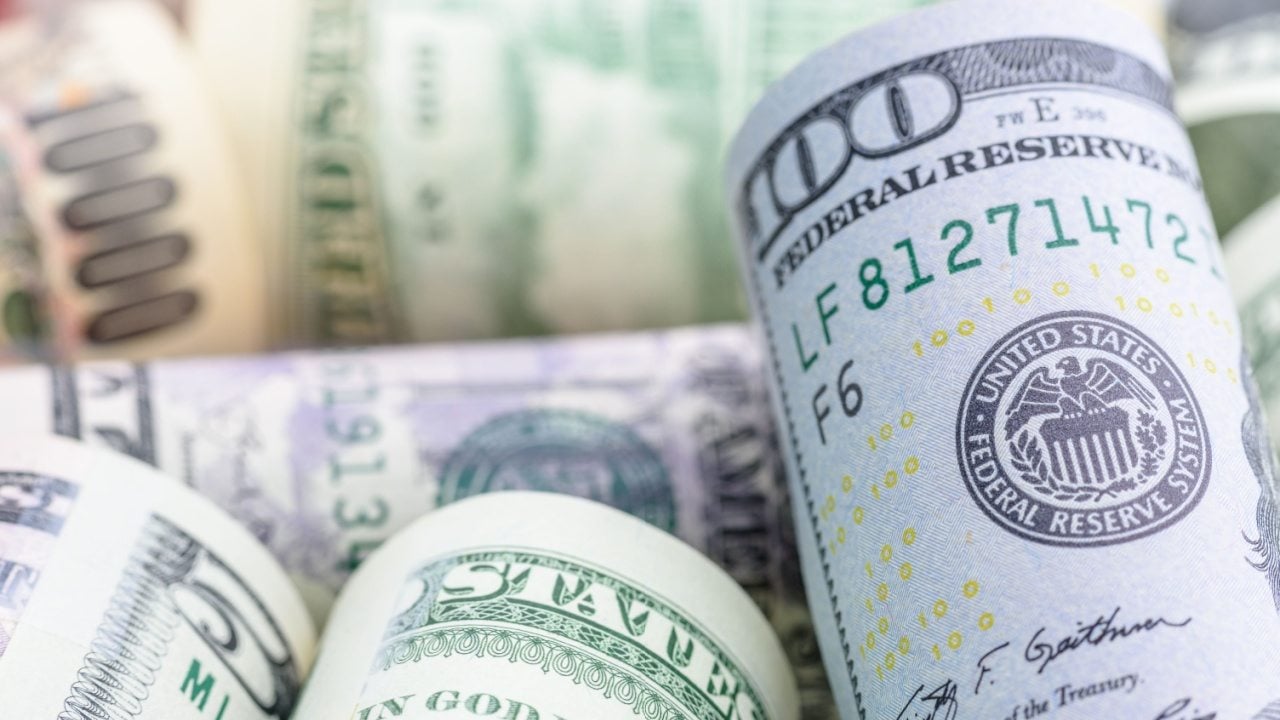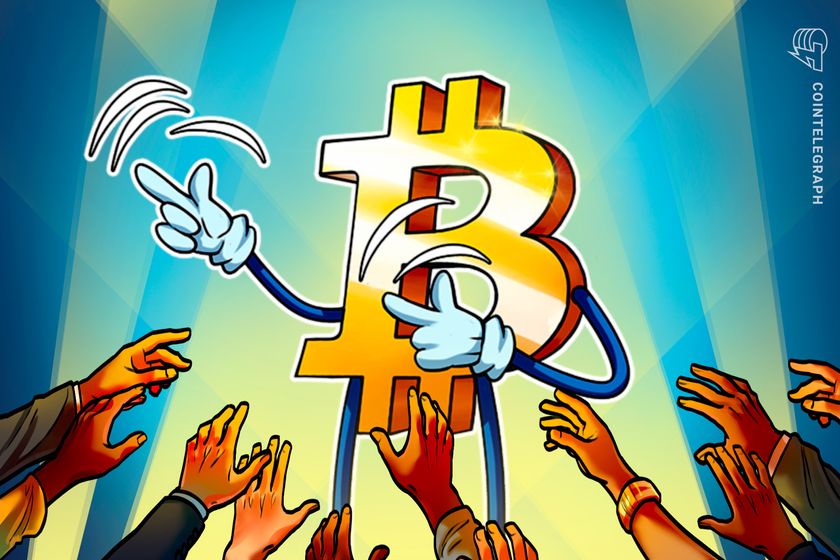Trump Tariffs Show Signs of Being Written by AI
President Donald Trump has announced what he claims to be a "reciprocal" ten percent tariff plan on most goods being imported into the US, affecting over 100 countries. A smaller list of what he referred to as "worst offenders" got even higher rates. It's a baffling decision that's expected to wreak havoc with the international economy, heightening existing concerns over an imminent recession the world hasn't seen since the Great Depression. But the way the Trump administration came up with the tariff rates for each country have raised plenty of eyebrows. As White House officials later revealed, the calculation isn't […]


President Donald Trump announced sweeping tariffs on most goods imported into the US yesterday, affecting over 100 countries — including uninhabited territories in the middle of the ocean.
It's a baffling decision that's expected to wreak havoc on the international economy, heightening existing concerns over an imminent recession.
Worse, as Cointelegraph reports, there seem to be signs that the befuddling measures were cooked up by an AI chatbot.
Basically, Trump's tariff rates divide the trade deficit between the US and a given country by the value of the total goods imported from it, and then divide the result by two.
As observers quickly noticed, chatbots like OpenAI's ChatGPT were prone to duplicating that calculation, suggesting that lethargic administration officials might have turned to the tech to devise the plan.
"What would be an easy way to calculate the tariffs that should be imposed on other countries so that the US is on even playing fields when it comes to trade deficit. Set a minimum of ten percent," crypto trader Jordan "Cobie" Fish asked ChatGPT.
The AI tool happily obliged, coming up with a strikingly similar formulation, dividing the trade deficit by total imports to calculate the tariff rate.
However, even the chatbot warned that doing so wouldn't make much sense.
"This method ignores the intricate dynamics of international trade — such as elasticities, retaliatory measures, and supply chain nuances — but it provides a blunt, proportional rule to 'level the playing field,'" ChatGPT wrote.
"Confirmed, ChatGPT..." Journal of Public Economics editor Wojtek Kopczuk tweeted. "Exactly what the dumbest kid in the class would do, without edits."
A breakdown of which country got hit hard and which was spared highlights how the new tariff rates largely ignore the greater international trade context.
"I suspect his is also why countries like Iran, which we basically do not trade with, gets off so easily," another user replied. "No trade = no trade deficit!"
It's not just ChatGPT. Elon Musk's AI chatbot Grok gave a similar answer when given the same prompt, suggesting adjusting tariff rates "based on deficit size."
Again, Grok warned about such a plan being largely illogical — and potentially self-defeating.
"This method assumes tariffs directly reduce imports by raising prices, but in reality, factors like demand elasticity, currency exchange rates, and global supply chains complicate the outcome," Grok wrote. "It also risks retaliation or higher costs for US consumers."
"For a truly 'even playing field,' you’d need to consider production costs, subsidies, and labor standards abroad — data that’s harder to quantify simply," the chatbot added.
Anthropic's Claude AI chatbot made a similar suggestion, adding the same caveats.
Could the pattern be a coincidence? Sure. But the White House has already been accused of using AI to generate sloppily-written executive orders, which bore hallmarks of AI tools like ChatGPT.
The administration has also made a big deal of its use of AI for governing, with Elon Musk's DOGE crowing about its use of the tech and the General Services Administration launching a chatbot last month designed to support staff at the agency.
The bottom line, though? AI or not, economists are warning that the tariffs are ill-advised and likely to devastate the global economy. The stock market is already taking a hammering this morning.
"There is no economic rationale for doing this and it will cost the global economy dearly," London School of Economics professor Thomas Sampson told the BBC.
More on tariffs: Trump's Tariffs Are Wreaking Havoc on the AI Industry He Claims to Support
The post Trump Tariffs Show Signs of Being Written by AI appeared first on Futurism.

















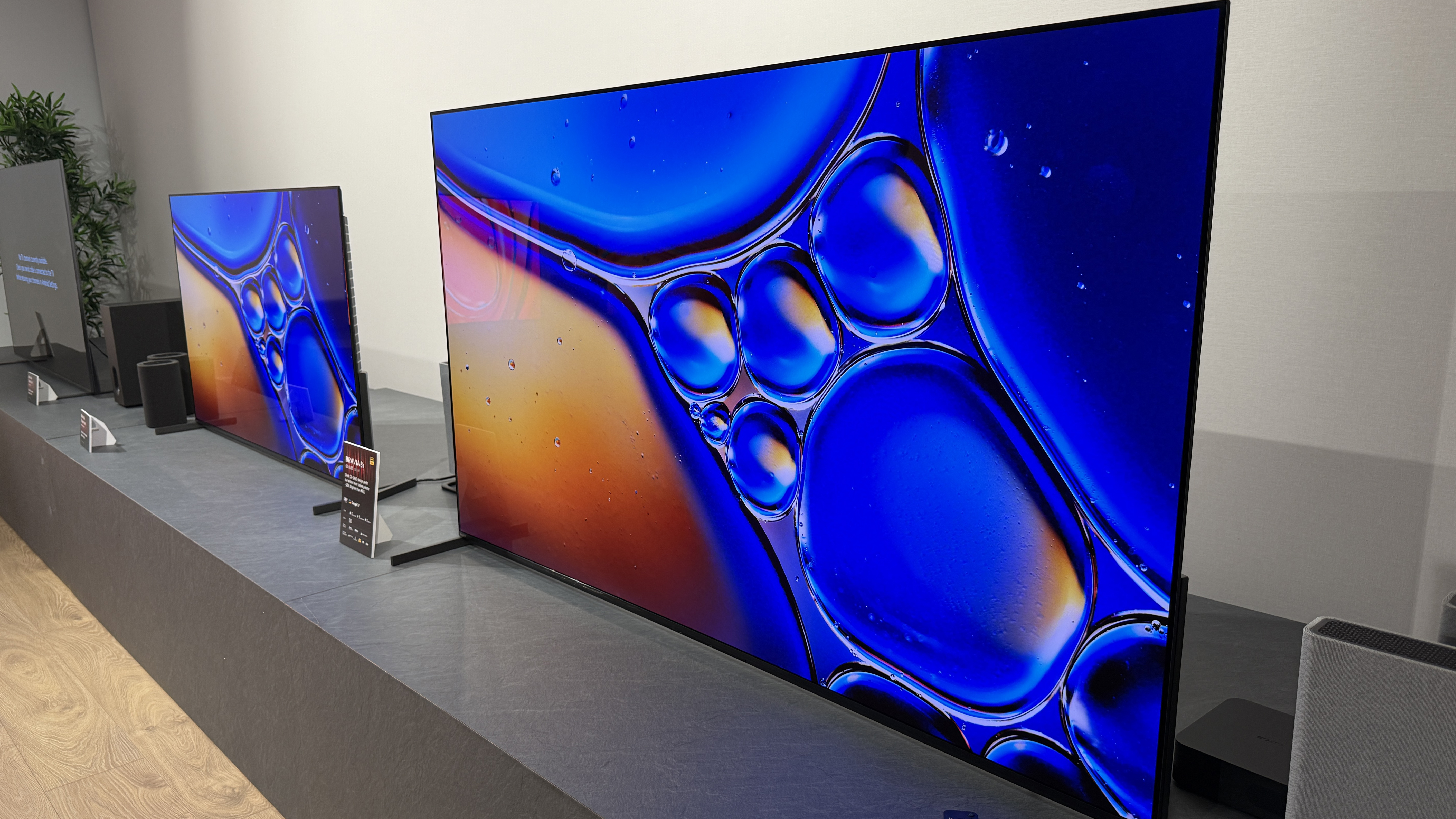

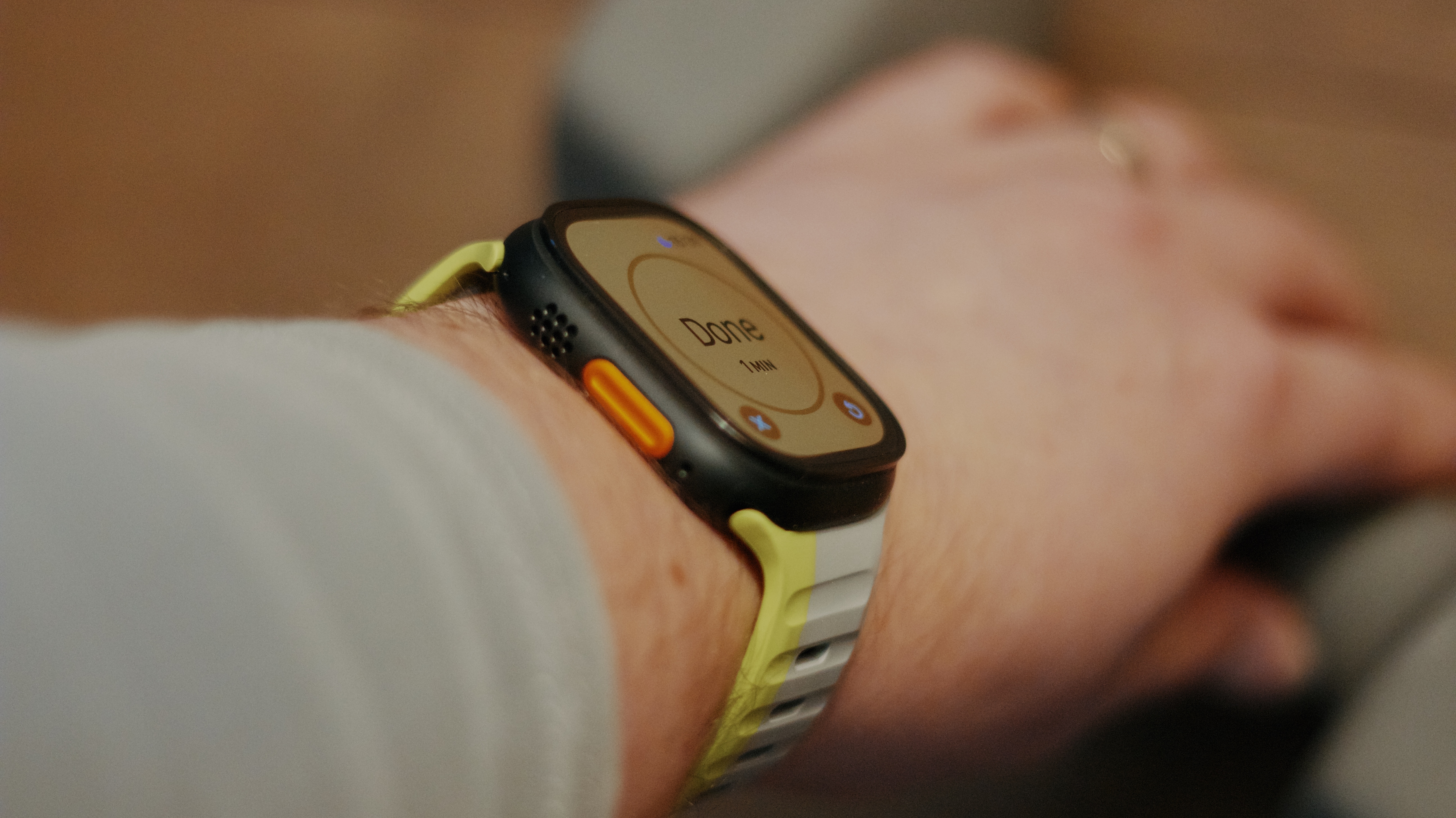






















































































































































![[The AI Show Episode 142]: ChatGPT’s New Image Generator, Studio Ghibli Craze and Backlash, Gemini 2.5, OpenAI Academy, 4o Updates, Vibe Marketing & xAI Acquires X](https://www.marketingaiinstitute.com/hubfs/ep%20142%20cover.png)
















































































































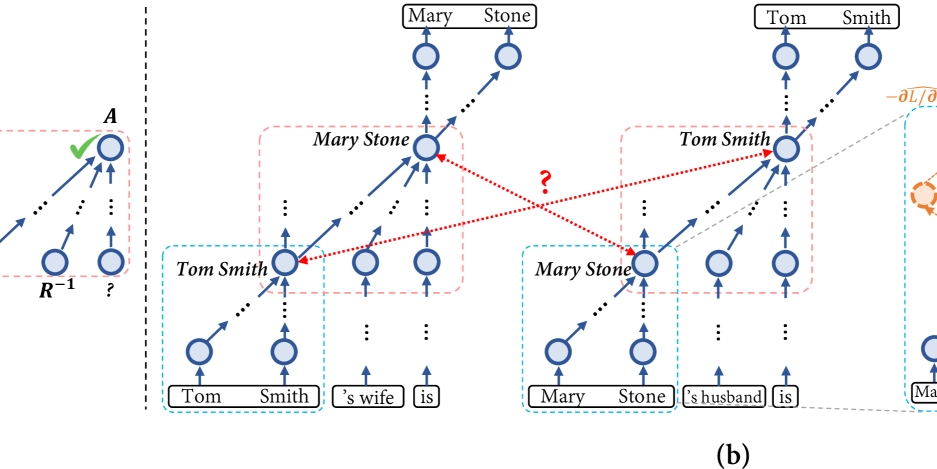

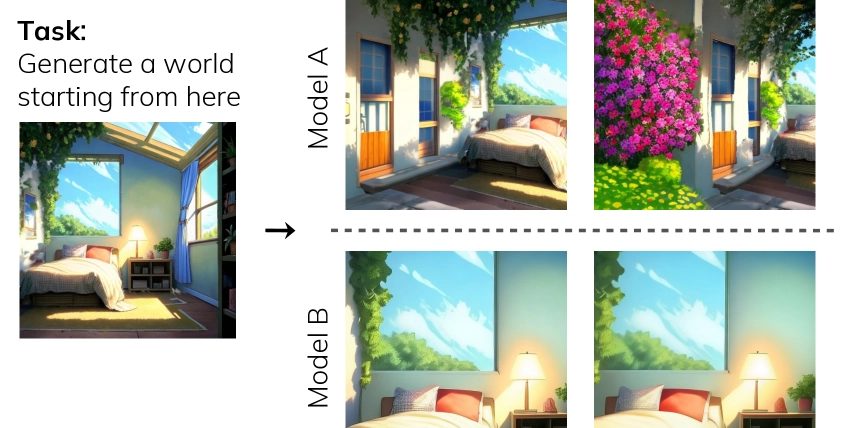
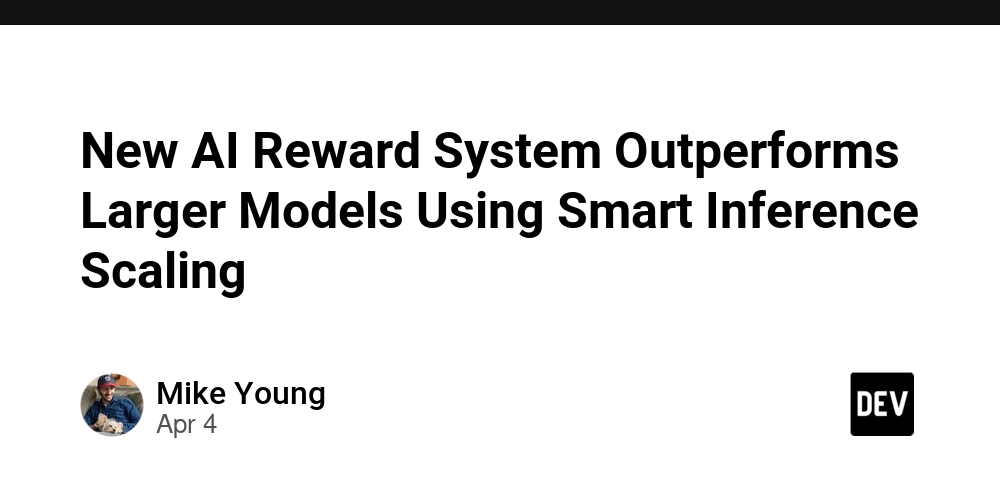

































































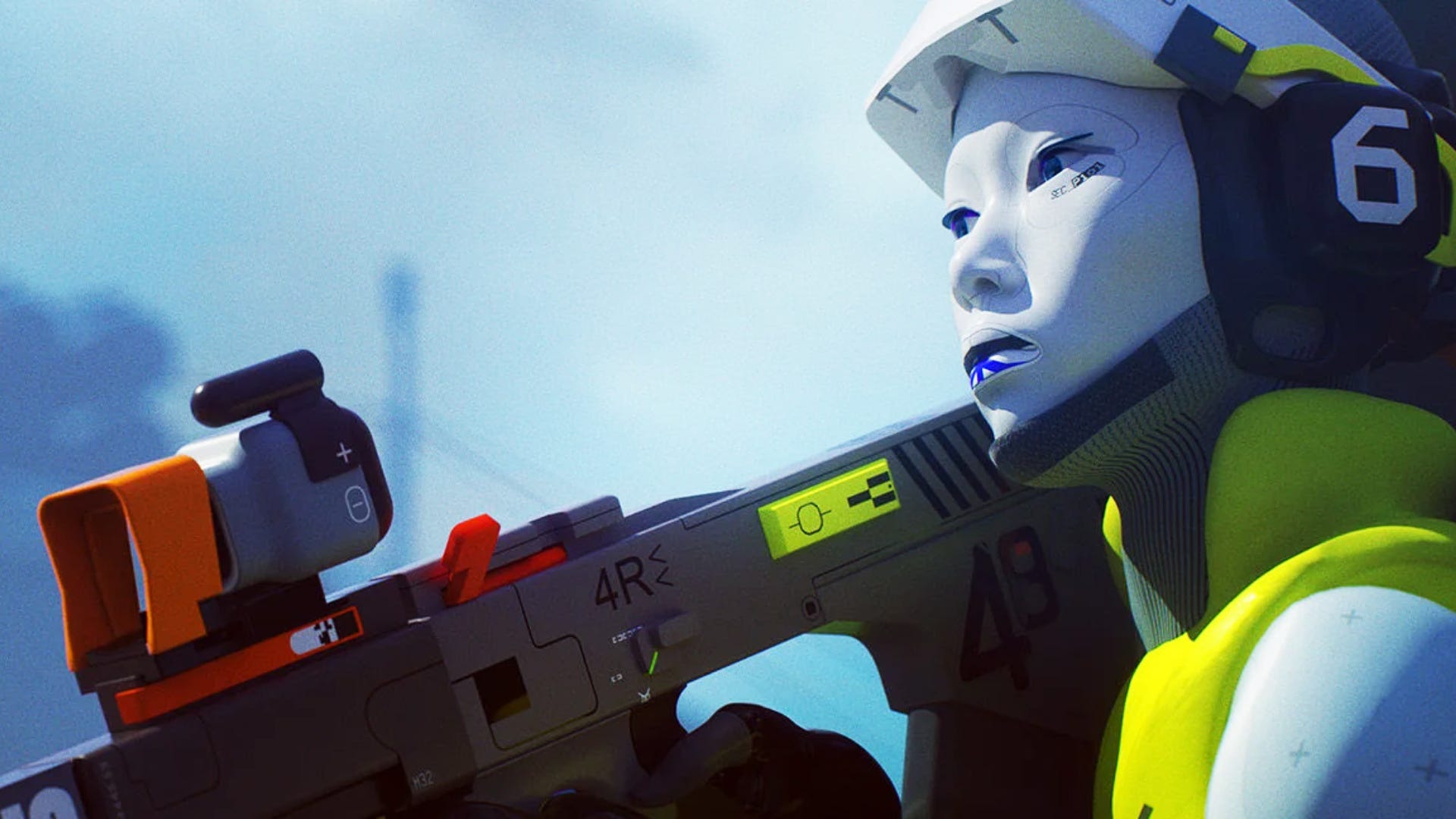

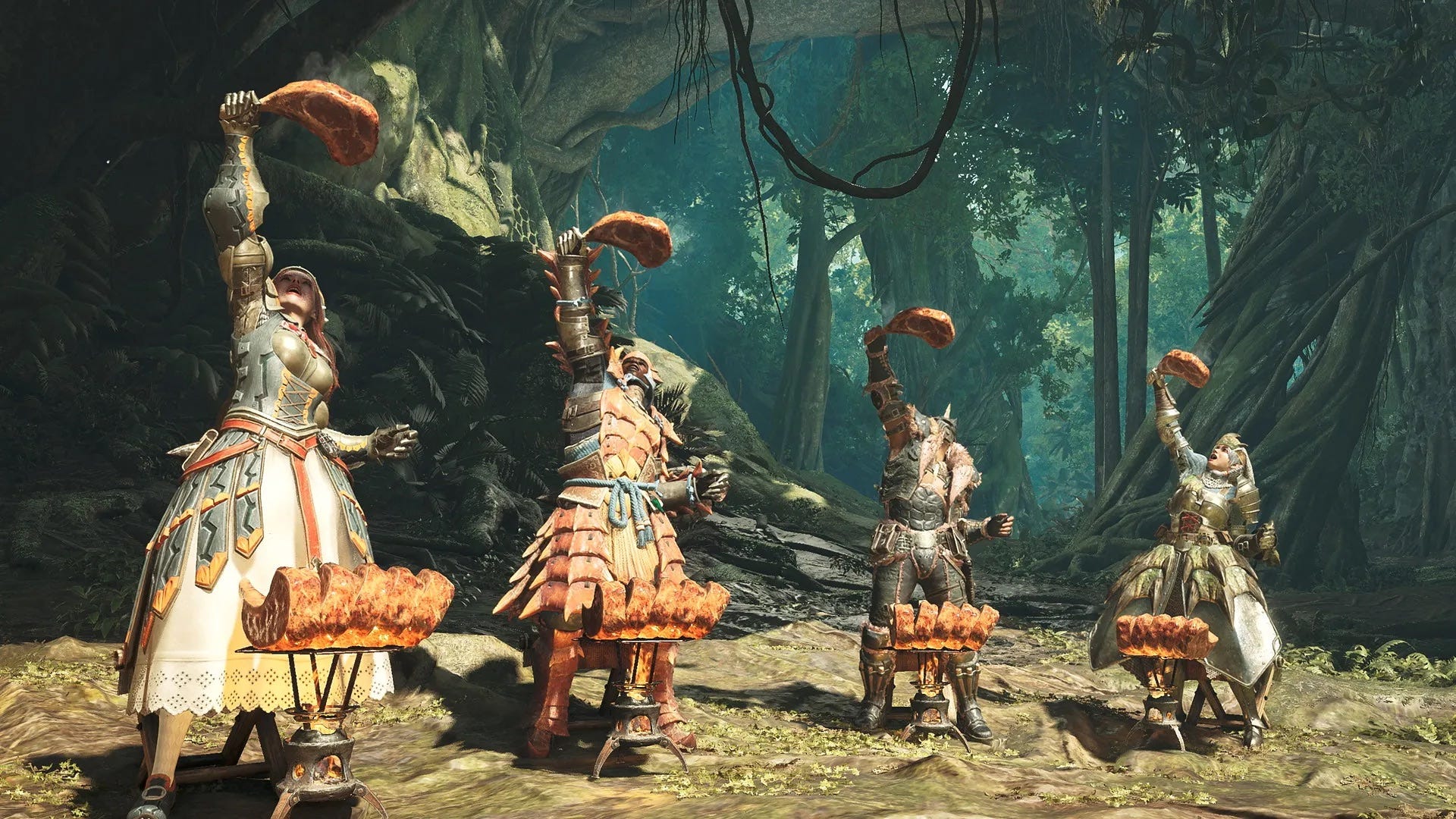






















































.jpg?#)



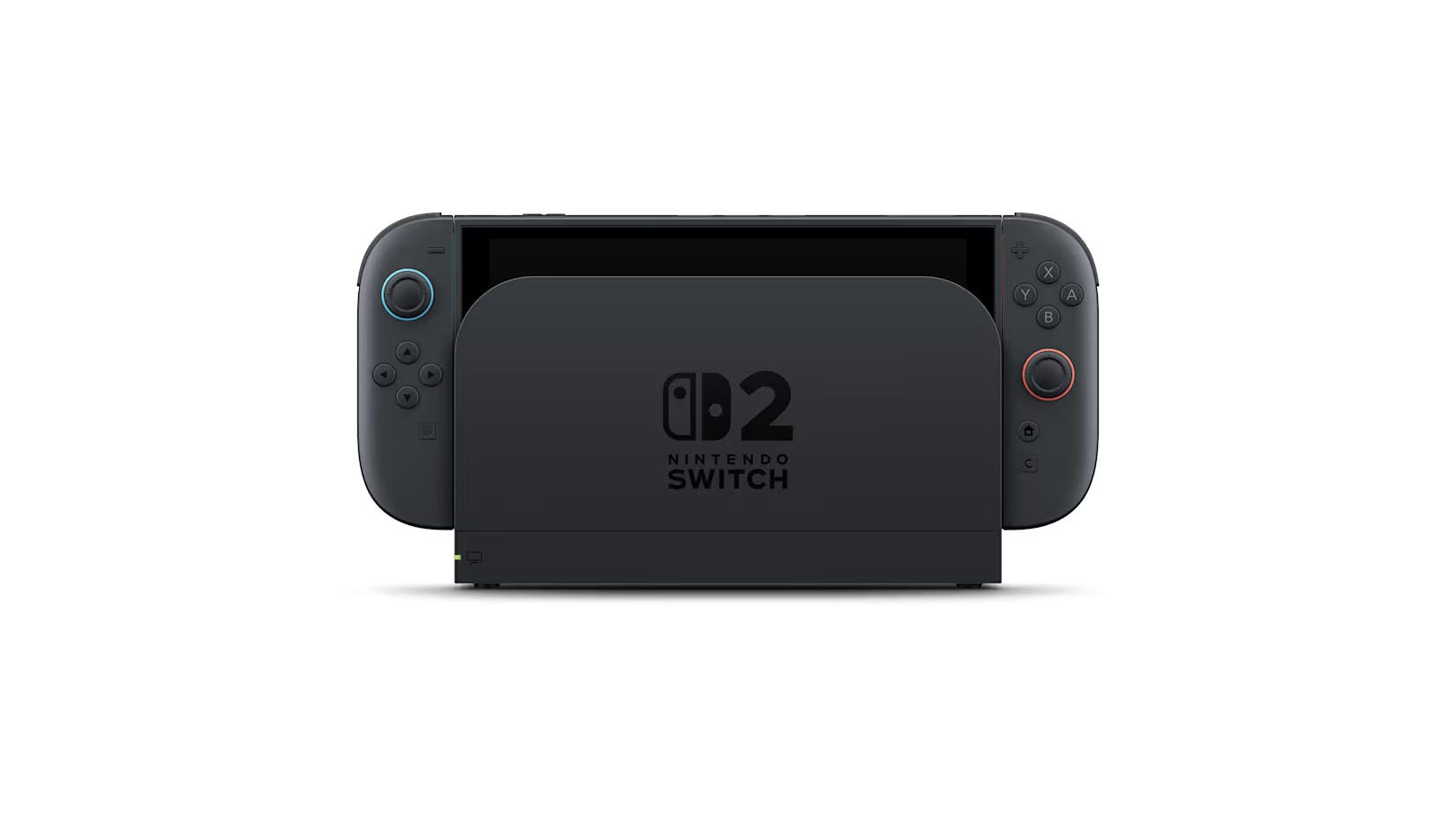























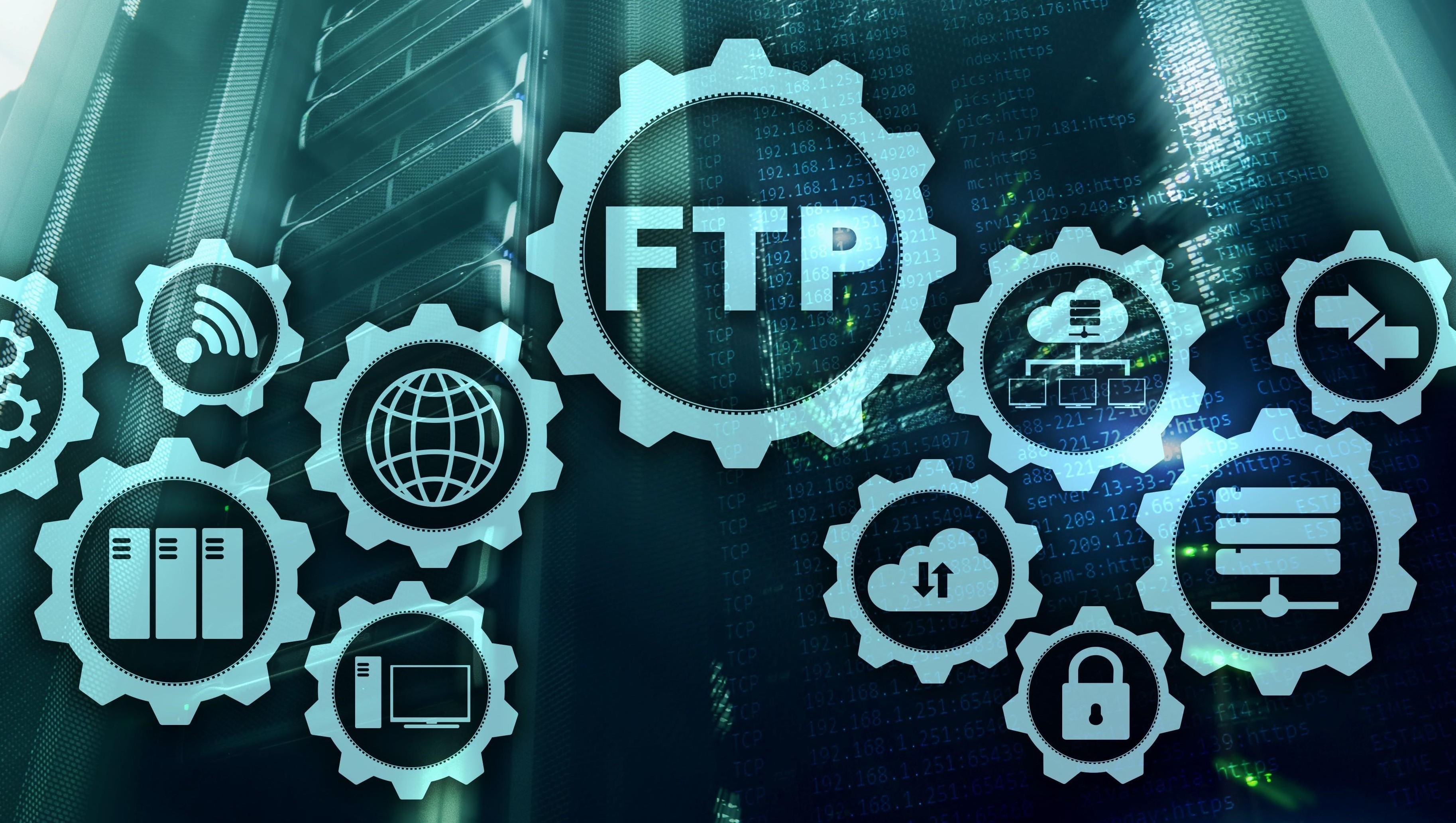
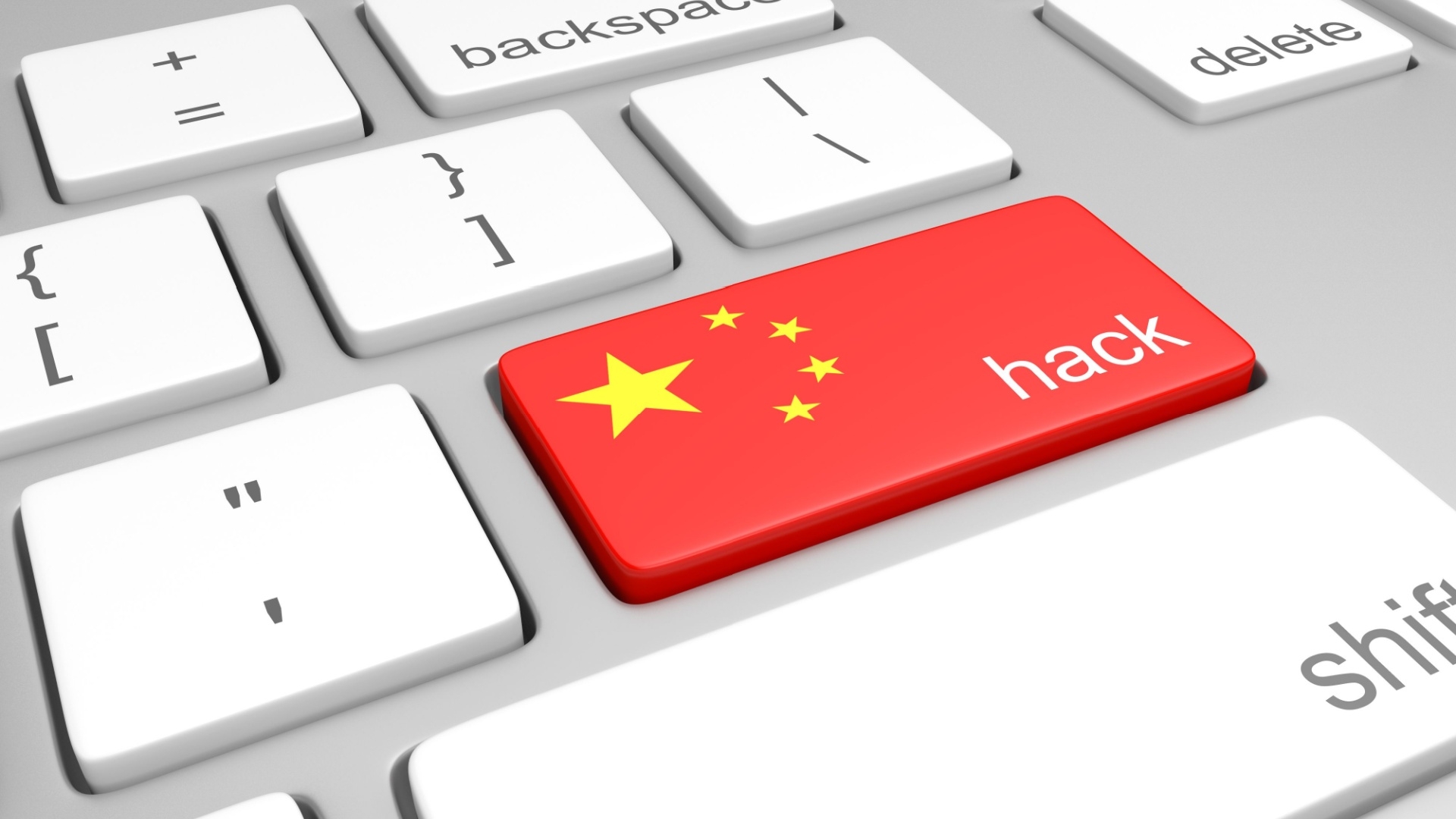








































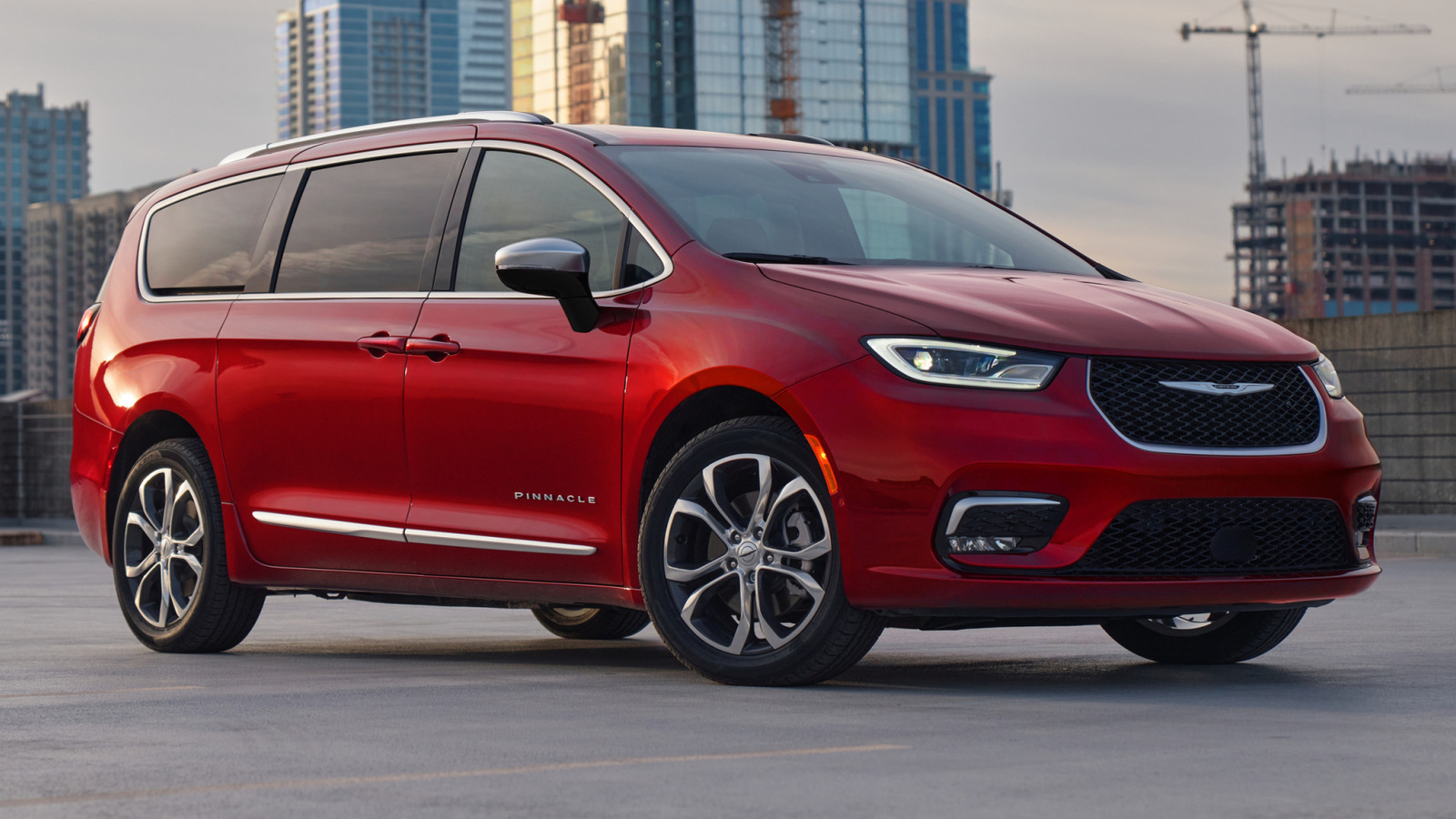
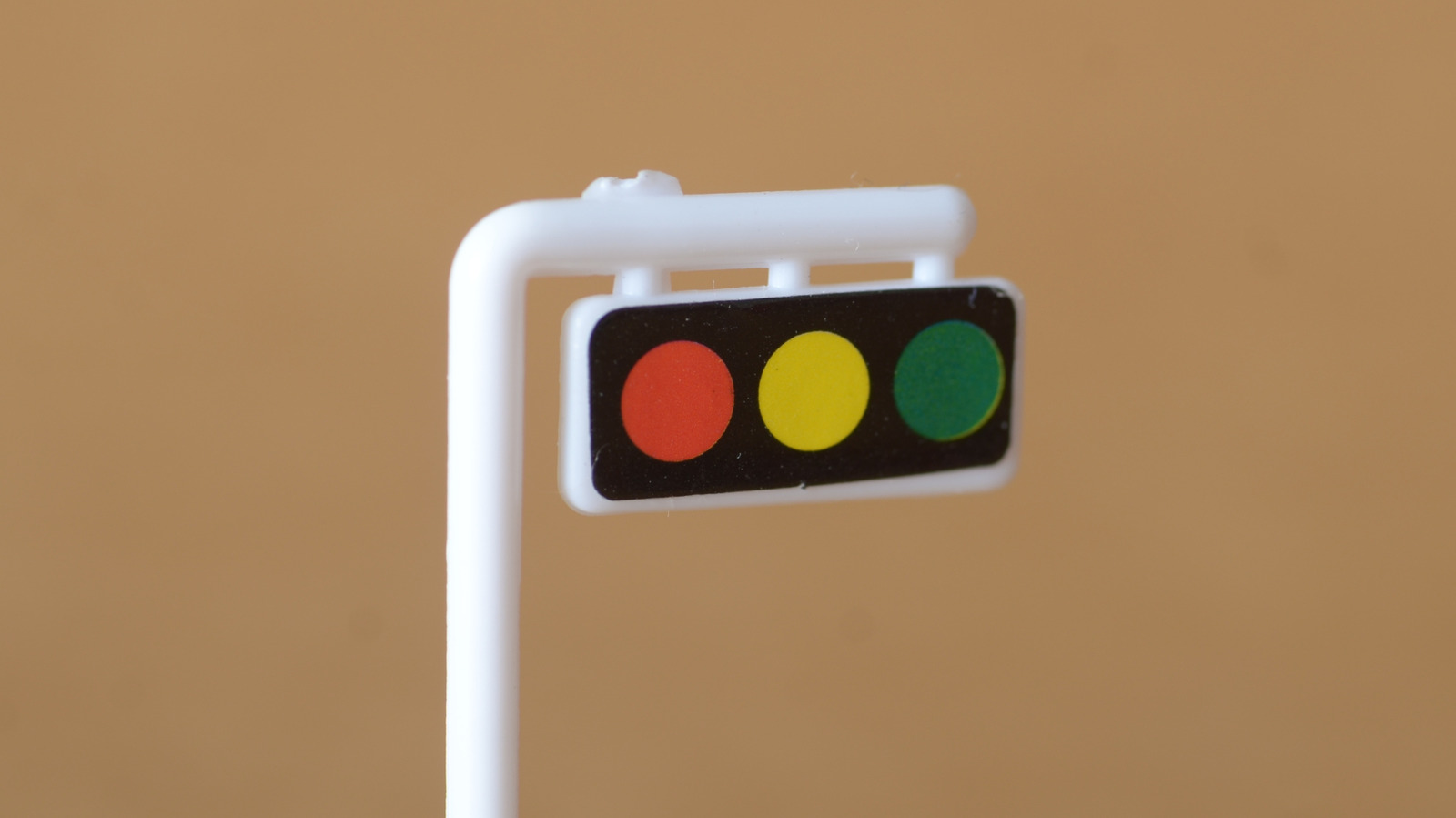
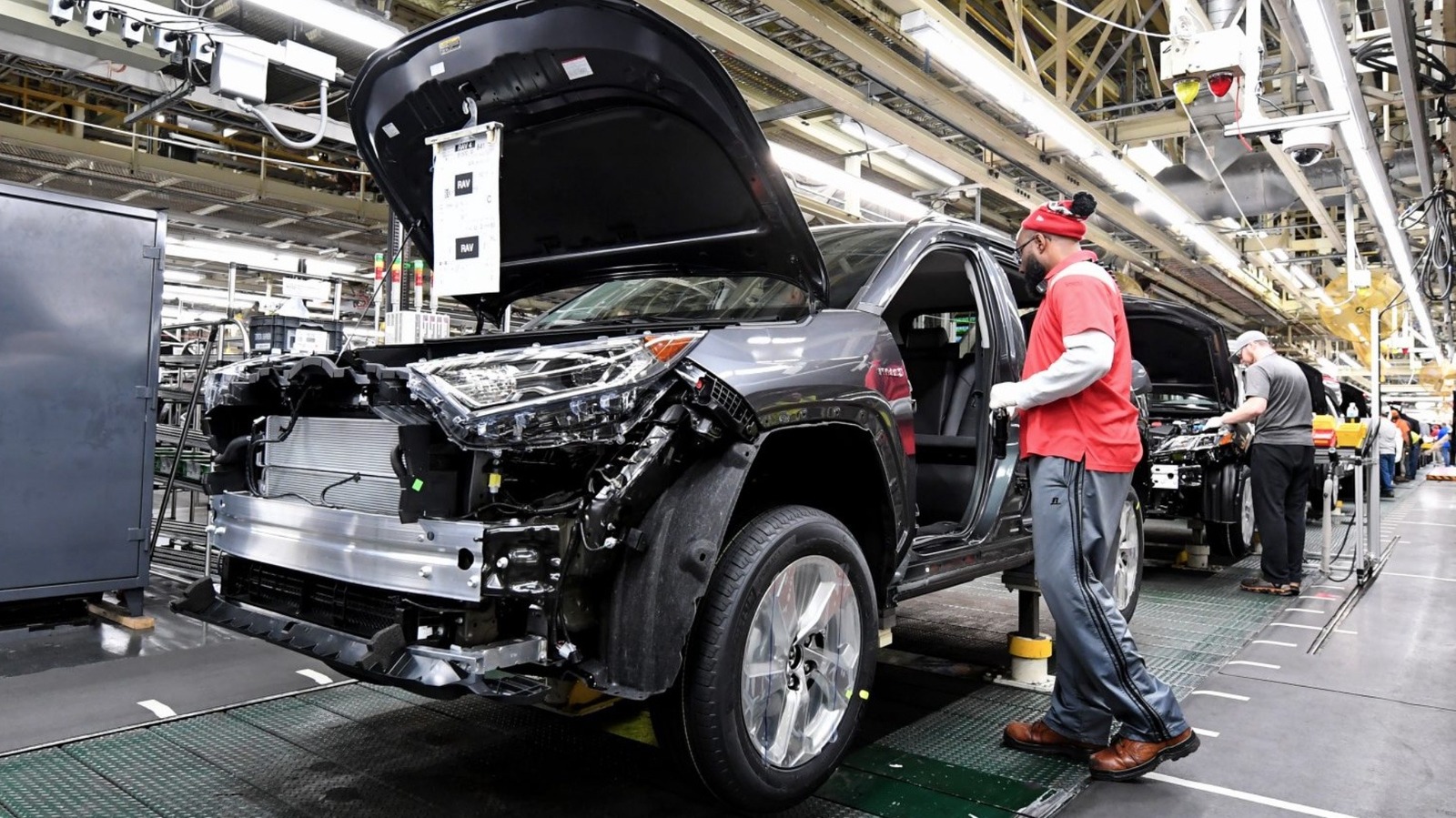

































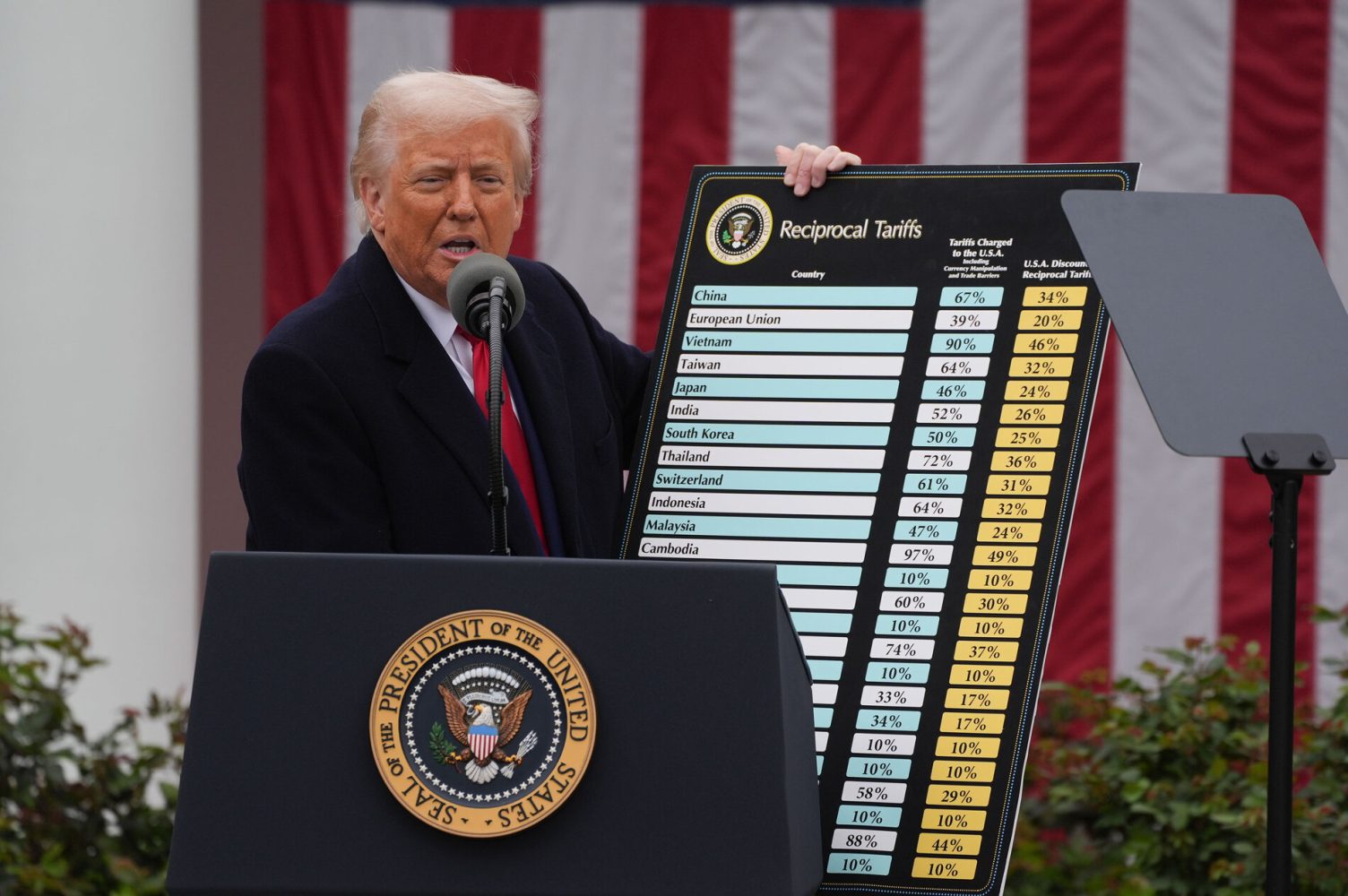

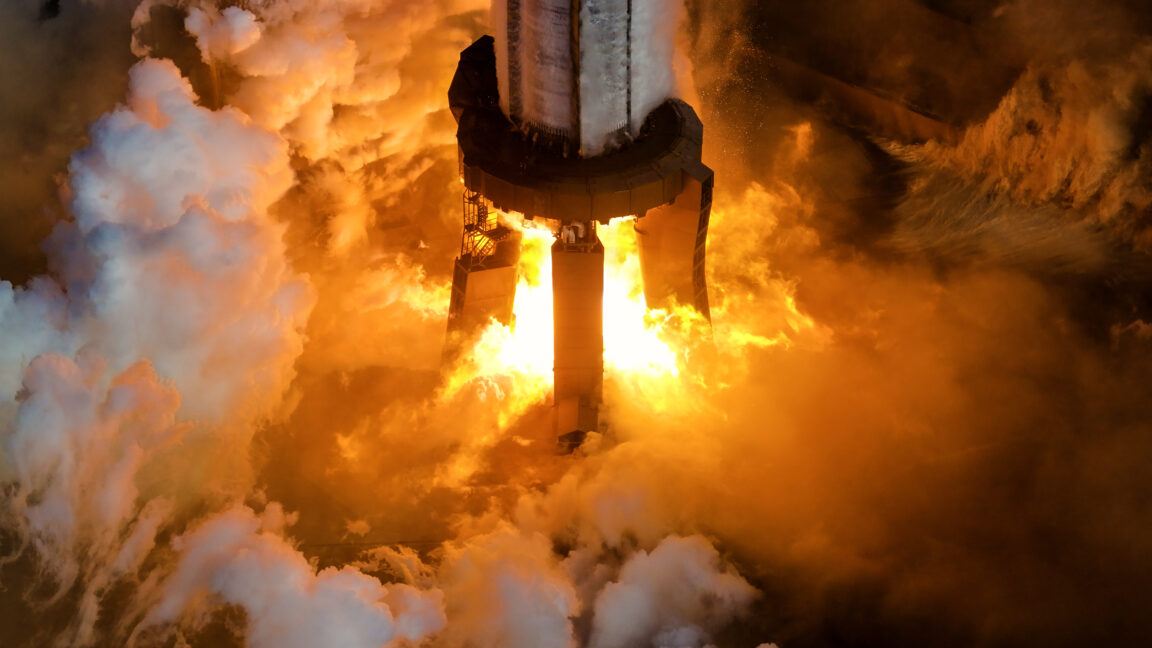



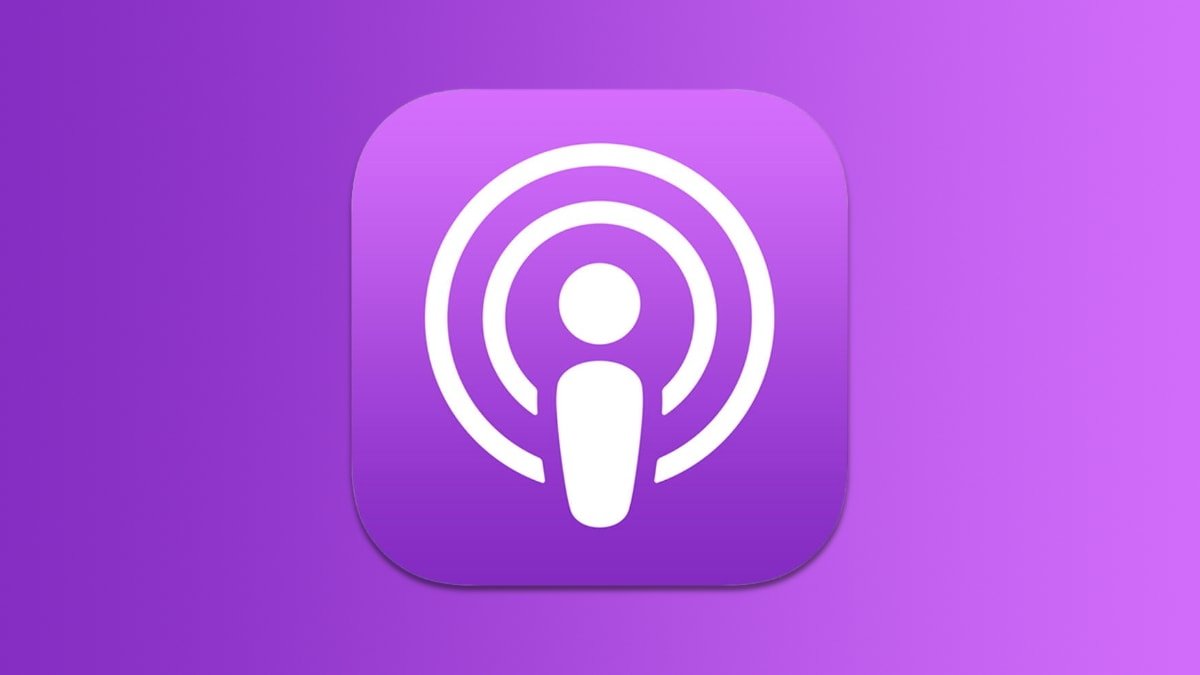

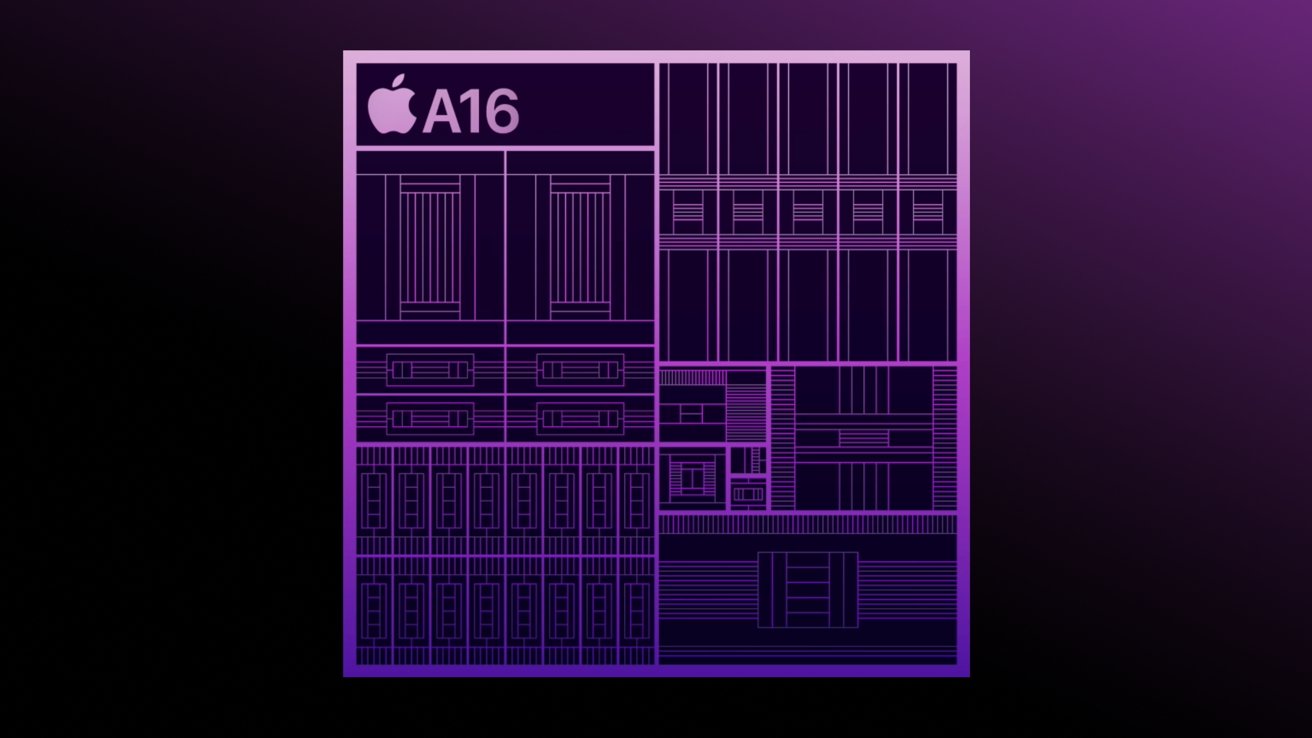
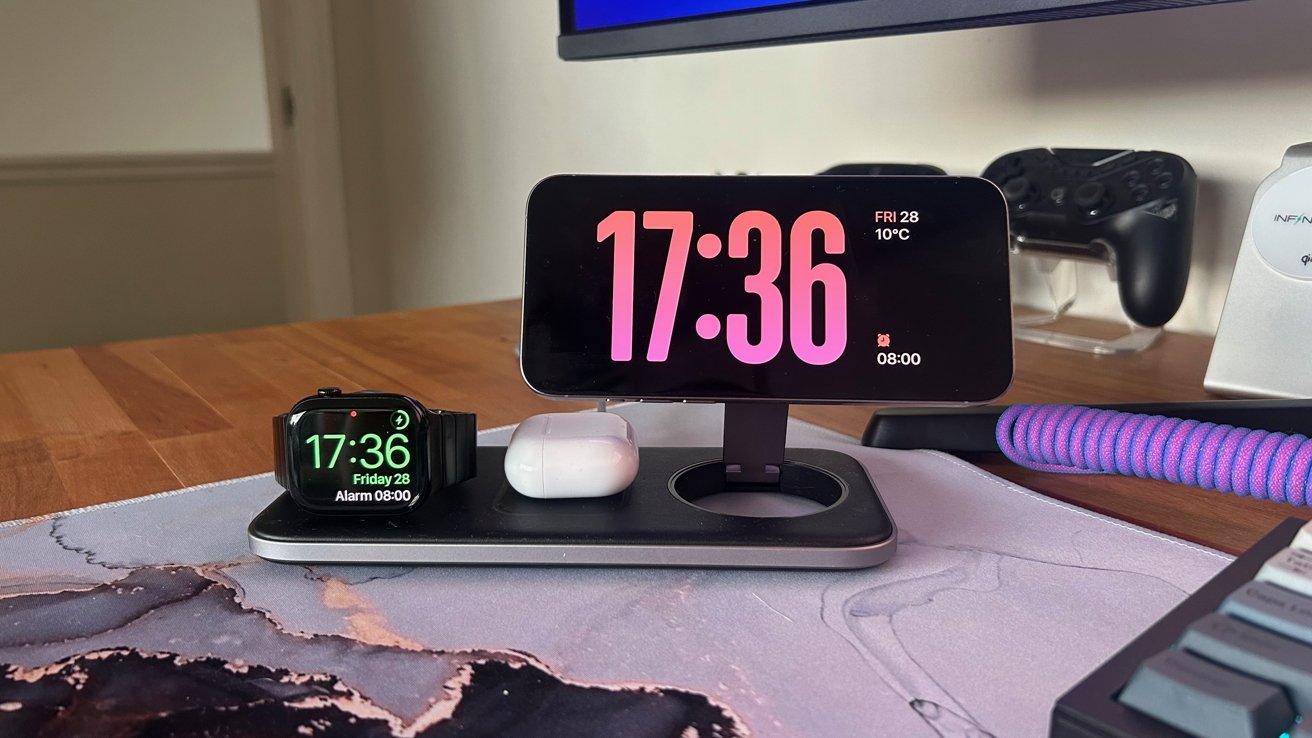




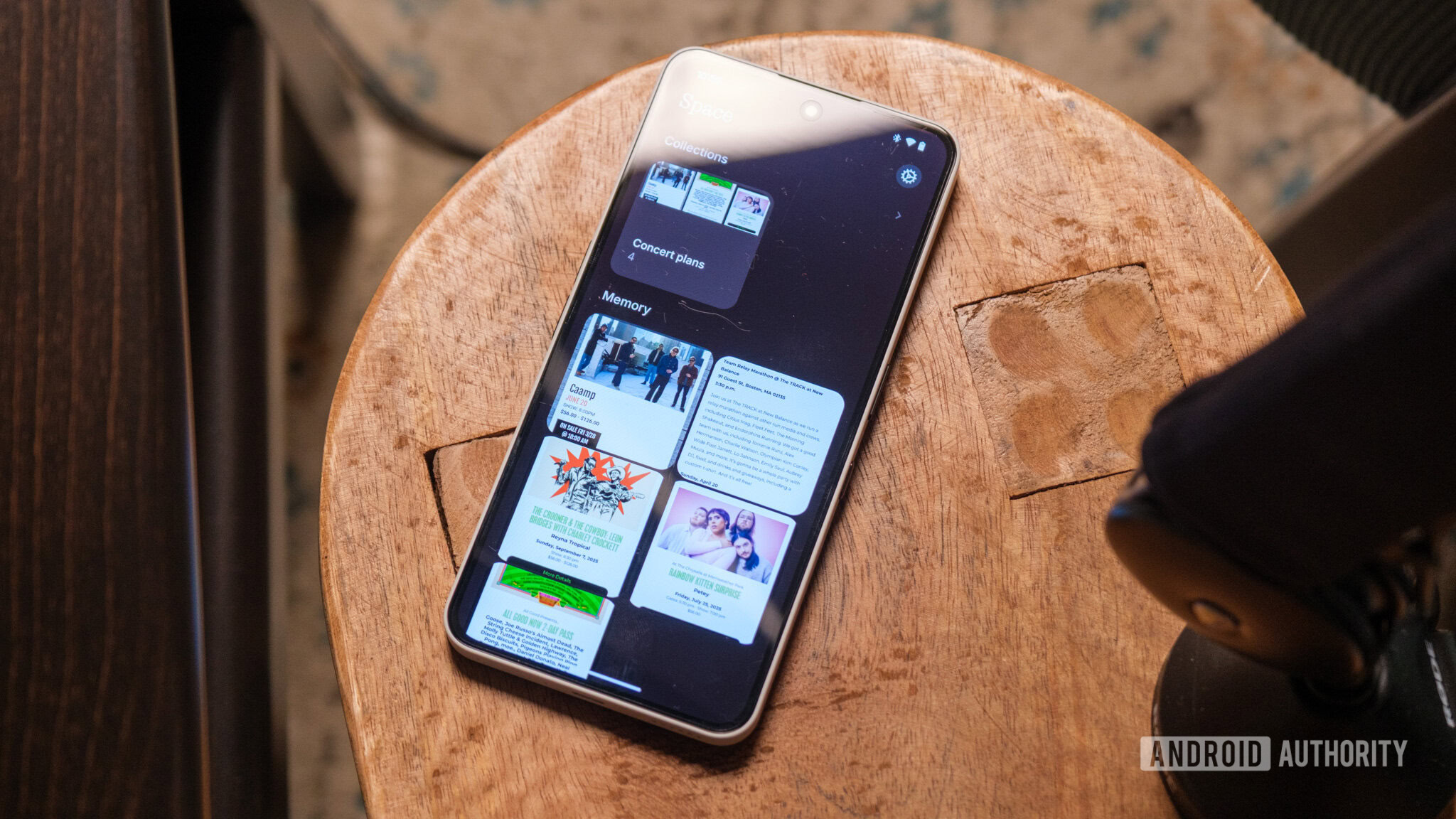

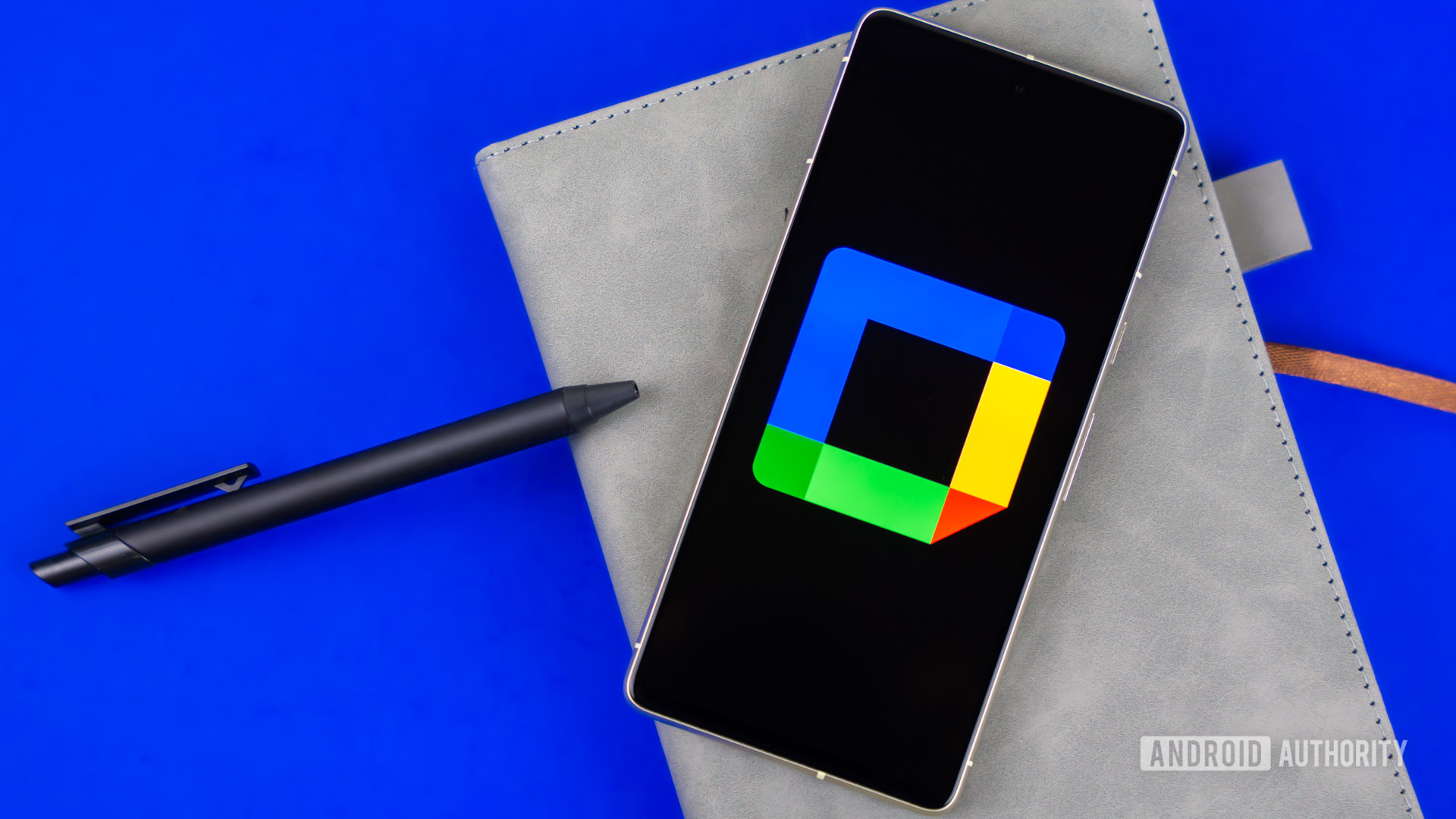

















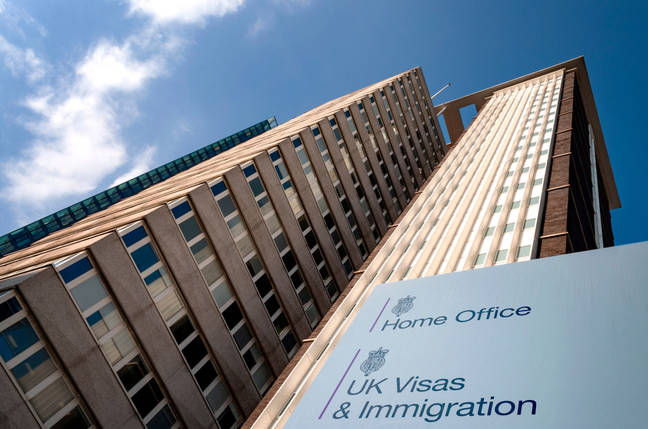



![YouTube Announces New Creation Tools for Shorts [Video]](https://www.iclarified.com/images/news/96923/96923/96923-640.jpg)

![Apple Faces New Tariffs but Has Options to Soften the Blow [Kuo]](https://www.iclarified.com/images/news/96921/96921/96921-640.jpg)





































